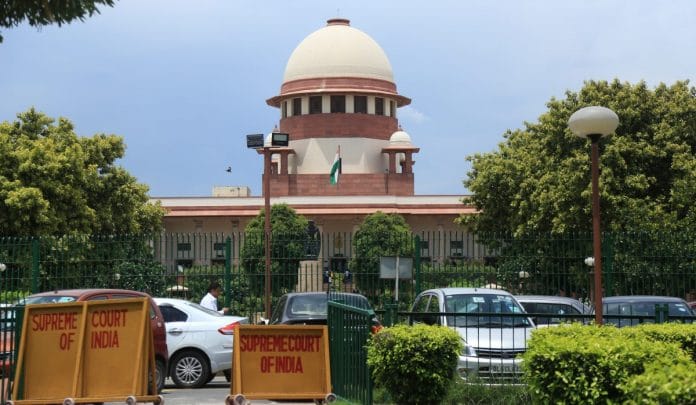Students argue that institutional preference defeats the primary objective behind NEET, which is standardised assessment.
New Delhi: Petititoners who want a student’s NEET performance to be given preference over an institute’s discretion in post-graduate medical admissions will have to wait a little longer for a decision on their plea.
In February last year, the Gujarat High Court had upheld the primacy of institutional preference, allowing medical colleges the right to fill all their state quota (85 per cent) post-graduate seats with alumni.
Stating that the national eligibility cum entrance test (NEET) did not militate against institutional preference, the court added that there were several other judgments in support of the provision.
Hearing a plea challenging the decision, a two-judge bench of the Supreme Court Wednesday referred the case to a larger bench.
Representing the petitioners, senior advocate Siddharth Luthra said the Post-Graduate Medical Education Admission Regulation, 2000, and the introduction of NEET meant all post-graduate admissions should only be guided by the exam.
Also read: Rahul Gandhi writes to CBSE demanding probe on reported data breach of NEET candidates
However, counsels representing the defendents — Gujarat University, Delhi University, and the Guru Gobind Singh Indraprastha University — cited a five-bench Constitution bench order to contest the plea.
“In the case of Saurabh Chaudri & Ors. vs. Union of India & Ors. (2003)… a five-Judge Constitution Bench upheld institutional preference in postgraduate medical courses,” the bench comprising Justice L. Nageswara Rao and M.M. Shantanagouder said, adding that the matter needed to be heard by a bigger bench.
Notably, the order predates NEET.
In their plea, the students argued that institutional preference defeated the primary objective behind NEET, which was standardised assessment.
Also read: Govt may revert to just English for NEET, instead of regional languages
“Institutional preference creates a class within a class and prefers a subset of candidates (i.e. one’s own undergraduates), for reasons unconnected to merit and, therefore, is discriminatory,” they added.
“…There are fewer number of postgraduate medical seats in Gujarat University, as compared to undergraduate Medical seats,” they said.
If preference is given only to Gujarat University graduates, they added, only alumni would get admission to the detriment of more meritorious students.






